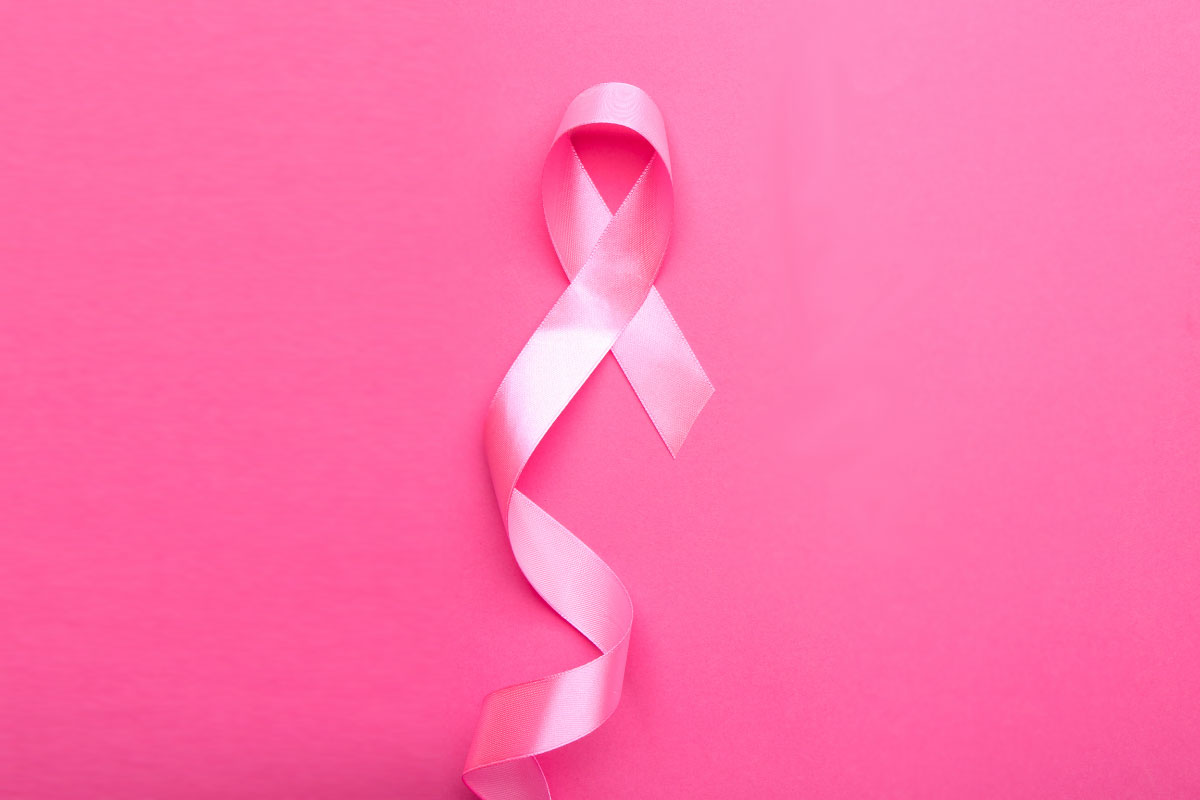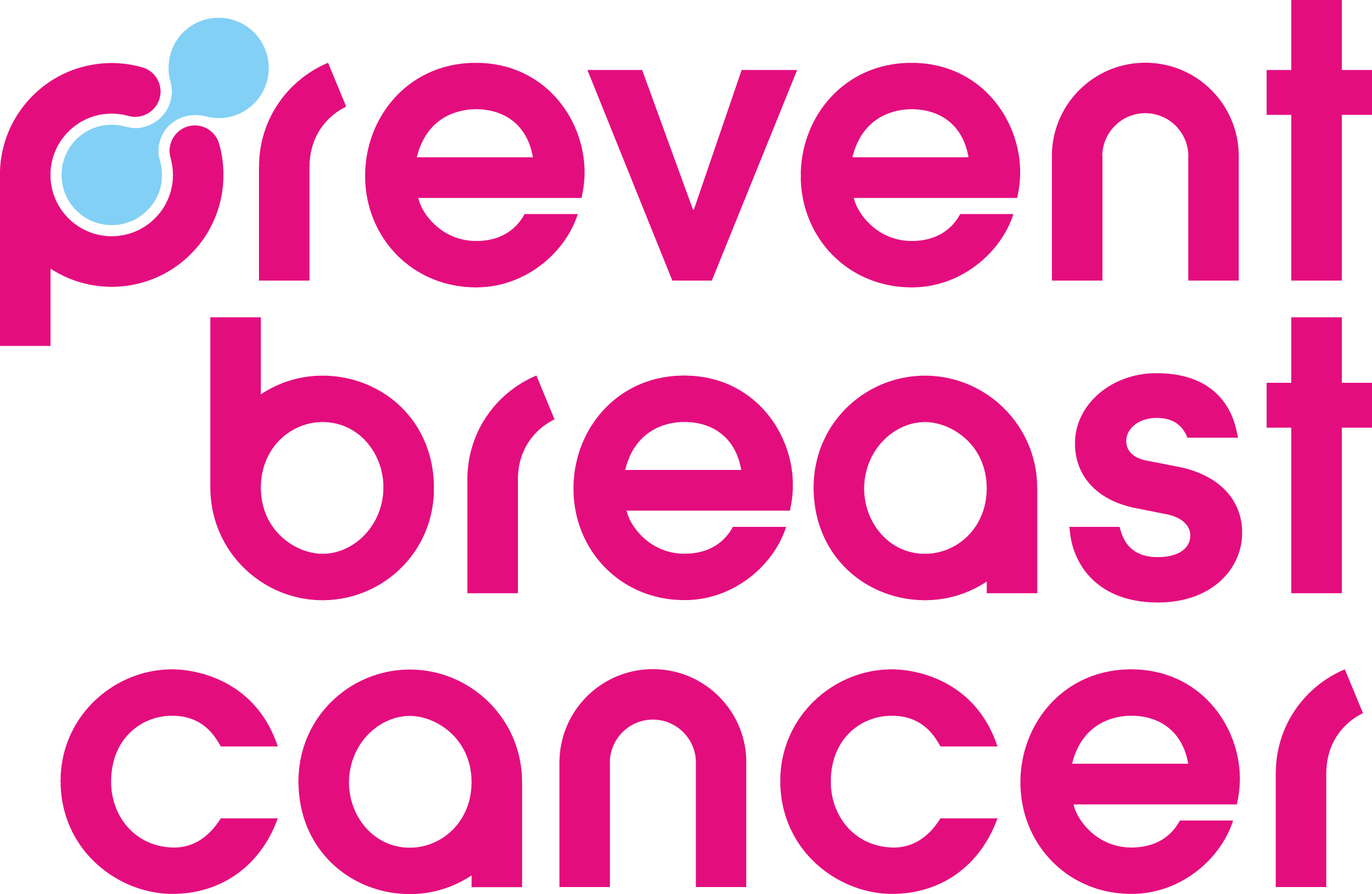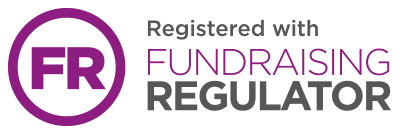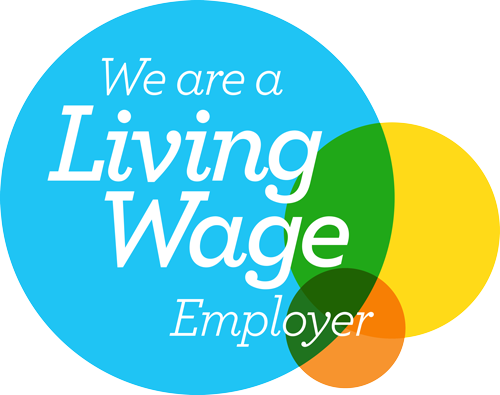What is Breast Cancer
Breast cancer is the most common cancer in the UK. Every year, around 55,900 people are diagnosed with breast cancer. That’s around 153 people a day. We want to stop the problem before it starts. Predict. Prevent. Protect.

What is breast cancer?
Breast cancer is a disease which starts in the breast tissue, in which abnormal cells in the breast begin to grow in an unnatural way causing cancer. It commonly starts with the cells that are connected to the milk ducts of the breast, but this isn’t the only way. There are many different types of breast cancer and it’s not a one size fits all. Whilst it commonly occurs in women, breast cancer can also occur in men.
It’s important to know the signs and symptoms of breast cancer to understand what it can look and feel like and to know how to properly check your breasts and when is best to.
Is Breast Cancer Hereditary?
Breast cancer can sometimes be hereditary, and so can run in families. For example, you may have heard about people inheriting mutated genes such as BRCA1 or BRCA2. These can be inherited from either parent. By mutated we mean these particular genes don’t work like they should do, and in this instance, breast cells in those with these mutated genes are more likely to develop into cancer cells. More breast genes have been discovered in recent years and we now routinely test for 12 different genes. Discover more about genes and family history from Professor Tony Howell and Sacha Howell.
Age and Breast Cancer
Most women are diagnosed with breast cancer around the age of 50 and over. However, it’s also possible for younger women to be diagnosed with the disease, particularly if it’s hereditary in the family.
The risk of breast cancer can also increase with age, which is why the NHS invites women in the age range of 50-70 for a mammogram screening every three years.
Important Facts About Breast Cancer
The chance of surviving breast cancer nowadays 5 years after diagnosis, if it is diagnosed through regular screening, is 97% compared to women of the same age ignoring other causes of death: this is one reason why we can be hopeful that our strategy of prediction, prevention, screening and early diagnosis if applied to all women of all ages can indeed lead to the goal of breast cancer prevention.
There were 27,500 patients waiting for NHS cancer treatment in December 2022, stressing the importance of our proposal for a new National Breast Imaging Academy.
You will sometimes read that a woman’s chance of getting breast cancer is 1 in 7 or 1 in 8. However, we are now getting very good at predicting an individual woman’s personalised risk. For some women it may be more than 1 in 2 because of a gene, and for others as low as 1 in 50; and in fact, the average or “median” risk is closer to 1 in 20 for women who do not carry a breast cancer gene. That is why gene testing and personalised risk prediction are so important for the future.
What are the Common Causes of Breast Cancer?
Breast cancer can be caused by a range of risk factors, some of these factors you can’t control, such as your genetics, having a family history of breast cancer, breast density and age.
Some factors may influence the risk of breast cancer, such as diet, lifestyle, and activity levels. However, these changes do not guarantee that you won’t develop the disease. We’re passionate about promoting early diagnosis, screening, lifestyle changes, and funding life-changing research.
The Different Types
Breast cancer is not one size fits all, it can enter different stages and can be diagnosed in different ways. Discover the meaning of secondary and triple-negative breast cancer:
What is Secondary Breast Cancer?
Secondary breast cancer is when the breast cancer has spread to another part of the body. This could include the liver, brain, lung or bones and isn’t exclusive to one area. However, this doesn’t include or affect the breast cancer that is affecting the lymph glands under the arm.
Secondary breast cancer is incurable, and the sole aim of the treatment and diagnosis is to control the symptoms and ensure the individual maintains a quality of life.
What is Triple-Negative Breast Cancer?
Triple-negative breast cancer is a different type of rare, breast cancer with around 15% of women being diagnosed with this type, and so around 15 out of every 100 diagnoses are triple negative. It’s often described as one of the most challenging breast cancers to treat and is referred to as cancer cells which have little to no:
- Estrogen and/or progesterone hormones
- The Her2 protein
Working to Prevent Breast Cancer
We’re the only UK charity entirely dedicated to the prediction and prevention of breast cancer. Unlike many other cancer charities, we focus on prevention, rather than just a cure.
We want to stop the problem before it starts – Predict. Prevent. Protect. You could call it our mantra. Although there may never be a miracle cure or a simple vaccine that eliminates breast cancer, and there is no single thing that women can do to prevent the disease, Prevent Breast Cancer’s vision is to make breast cancer a preventable disease for future generations.
Discover more about our impact on breast cancer and how our co-founder Lester Barr MBE, led the way.
on January 18, 2024.
on January 10, 2024.



